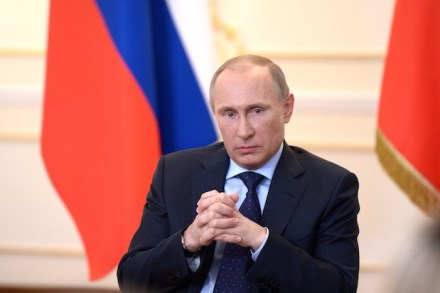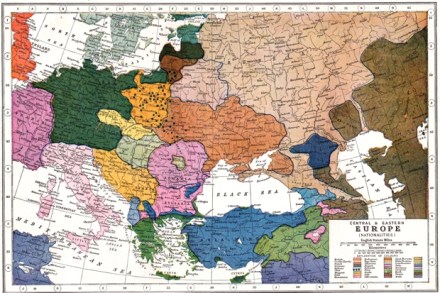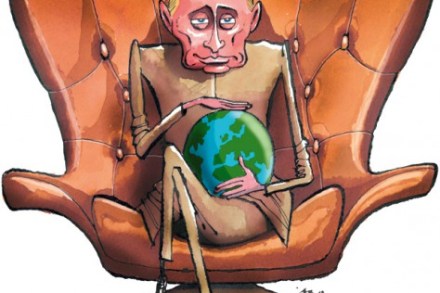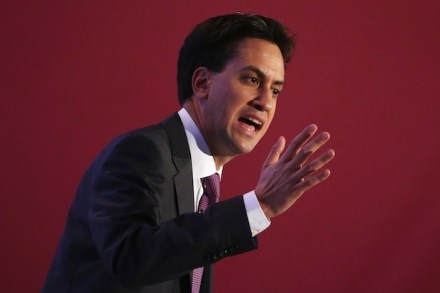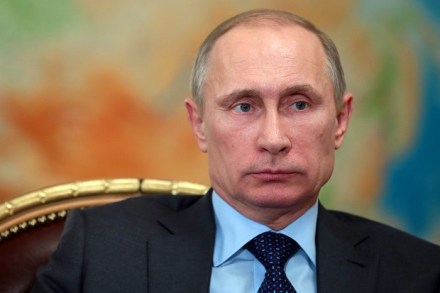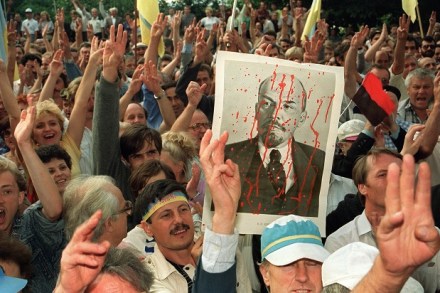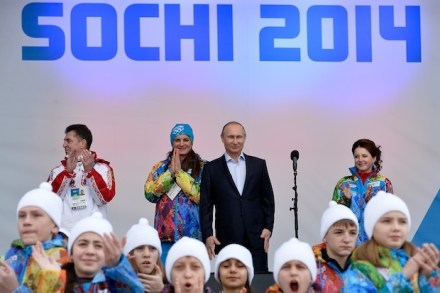Europe’s ‘new world order’ is letting Vladimir Putin run riot
[audioplayer src=”http://traffic.libsyn.com/spectator/Untitled_2_AAC_audio.mp3″ title=”John O’Sullivan discusses why we shouldn’t be so afraid of Putin” startat=1088] Listen [/audioplayer]If Vladimir Putin’s invasion and occupation of the Crimea brings to an end the Pax Americana and the post-Cold War world that began in 1989, what new European, or even global, order is replacing them? That question may seem topical in the light of Russia’s seemingly smooth overriding in Crimea of the diplomatic treaties and legal rules that outlaw aggression, occupation and annexation. In fact, it is six years behind the times. To understand the situation in the Ukraine, we need to go back to the Nato summit in Bucharest, in April 2008. There, Putin





